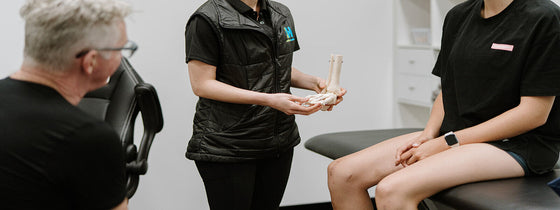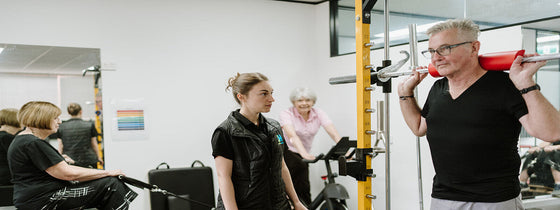A ganglion cyst is a swelling filled with fluid that typically forms over a joint or tendon sheath. These cysts are believed to originate from synovial fluid found in tendon sheaths, joint capsules, bursae, or menisci. Most of the cyst's volume consists of a mucinous, gelatinous fluid, with a small portion made up of dense connective tissue. They can cause discomfort and pain, especially when they press against nerves or joints
Types of Ganglion Cysts: Ganglion cysts can appear anywhere in the body but are most common on the top of the wrist, hand and foot. They can vary in size from a pea to a golf ball and may feel soft or hard to the touch
Signs and Symptoms: Common symptoms include a noticeable lump, pain, tingling, or burning sensations if the cyst is pressing on a nerve. The cyst may also cause irritation when wearing shoes.
Diagnosis: Diagnosing a ganglion cyst typically involves a physical examination and medical history review. Imaging tests like ultrasound or MRI may be used to confirm the diagnosis and assess the cyst's characteristics. Our OHL Physiotherapy team can help guide you in deciding which imaging, alongside inputs from your local GP or Sports Physician.
Treatment Options: Treatment depends on the severity of symptoms and how annoying the cyst is in your daily activities. For mild cases, monitoring the cyst without intervention might be sufficient, which is common around smaller cysts in your hand. However, if the cyst causes pain or interferes with daily activities, which is more common in ganglions appearing around the wrist and/or foot + ankle region, treatments may include anti-inflammatory medications, aspiration to remove the fluid, or even surgery in severe cases. Modifying footwear or looking at wrist braces may be used to reduce irritation. Yet, it is still essential to seek proper assessment and treatment to manage your symptoms effectively with your OHL Physiotherapy to work out why this cyst developed in that particular part of your body (which can be a biomechanical problem we can address together).
Feel free to reach out to one of our OHL physiotherapists via 9431 5955 if you have any questions or need further assistance with your condition. Your journey to recovery is our priority!

OHL is integrating a new athletic screening assessment into its practice to further enhance our community's sporting ability. This screening assessment combines range of motion, strength profiling, force deck analysis, and subjective training status to give athletes a comprehensive performance snapshot. By establishing a baseline and identifying key areas for improvement, we can tailor your training to enhance performance, provide insight on key metrics, and stay resilient throughout the season. Whether you're preparing for preseason, managing midseason demands, or simply aiming to train smarter, this assessment delivers the data-driven insights you need.

If you're experiencing back or neck pain with neurological signs and symptoms, a thorough neurological examination is crucial for accurate assessment and effective treatment. In this Optimal Tip learn more about what we mean by completing a neurological exam!

Squats, deadlifts, and calf raises are key movement patterns that should be part of every strength and conditioning program—regardless of age and activity level. These functional movements support joint health, improve posture and balance, and reduce the risk of injury while building strength where it matters most.